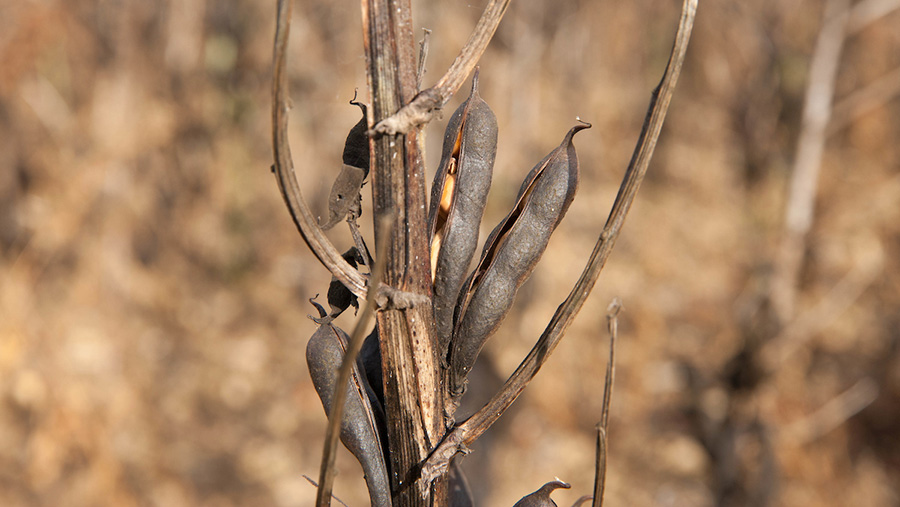NI protein crop support scheme gets the green light
 © Tim Scrivener
© Tim Scrivener Northern Ireland’s government has given the green light to a direct support scheme that will pay arable growers £330/ha to produce protein crops.
The Protein Crops Payment Pilot Scheme was approved by NI farm minister Gordon Lyons this week following a consultation period that ended in January.
The aim is to create a locally produced protein source that reduces the province’s dependence on soya imports, which totalled more than 370,000t last year.
See also: Video: Norfolk pig farmers showcase creep-feeder inventions
How the scheme will work
- Payments will be introduced for the 2021 and 2022 scheme years and cover combinable beans, peas and sweet lupins.
- Growers who take part will be able to put as much as 1,000/ha of land into the scheme before payments are capped.
- A minimum area claimed must be at least 0.3ha and applicants may only claim on land planted in protein crops.
- Areas of protein crops sown in a mixture with cereals or other crops will not be eligible for support.
- Protein crops declared under the scheme must not be harvested until after 31 July 2021.
Launching the pilot scheme, Mr Lyons said it would create a domestically produced protein source for animal feed and provide agronomic benefits for arable rotations.
“I would encourage everyone to consider the opportunities and benefits this scheme provides, not only to boost farm incomes but also the associated agronomic and environmental benefits,” said Mr Lyons.
NI arable growers have welcomed the scheme, which allows them to compete with supplies from the Republic of Ireland, where protein crops are already subsidised.
The NFU has called for similar schemes to be introduced in England.
Speaking at the time of the consultation launch in December, NFU combinable crops chairman Matt Culley warned that the new support could lead to market distortion within the UK.
“We have a protein deficit too in England, exacerbated by the reduction of the rapeseed area.
“It would be good to have some similar kind of support, perhaps as part of the Environmental Land Management scheme.”
